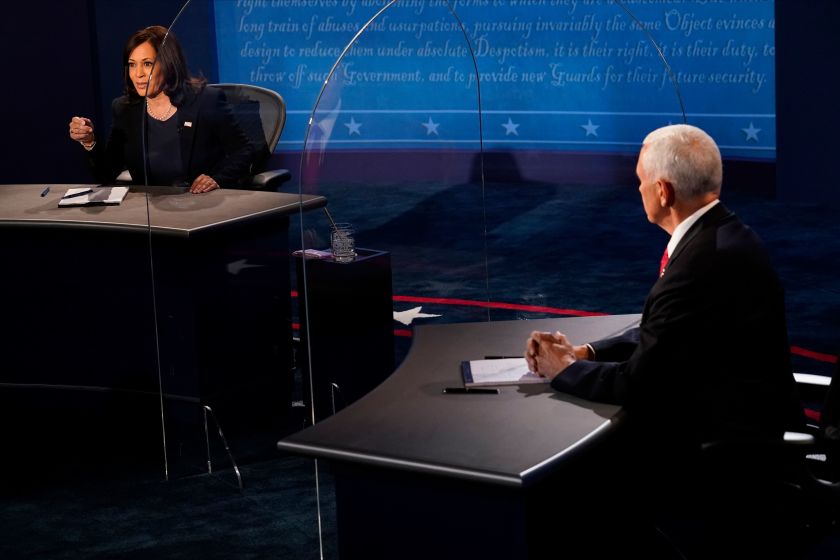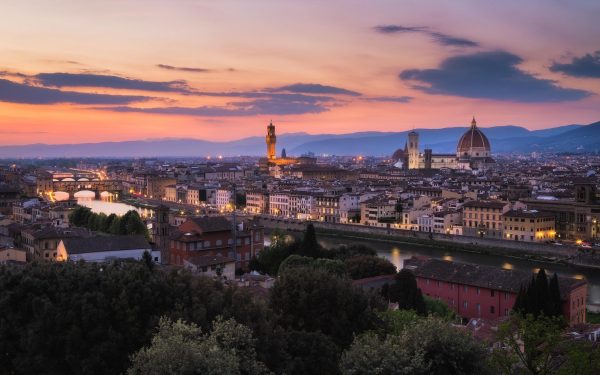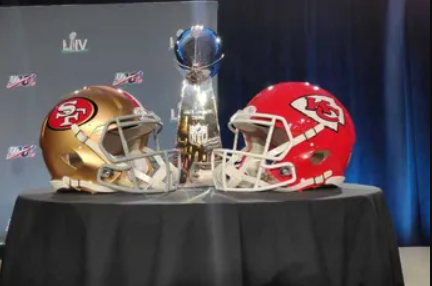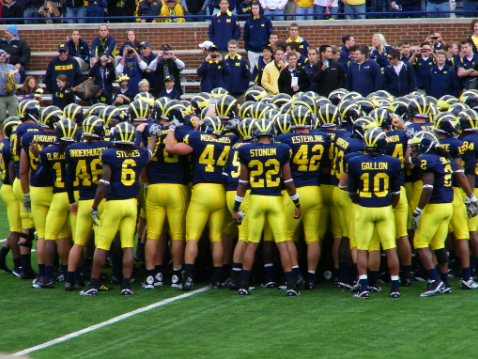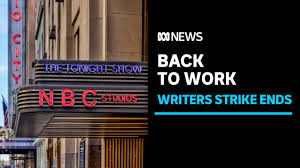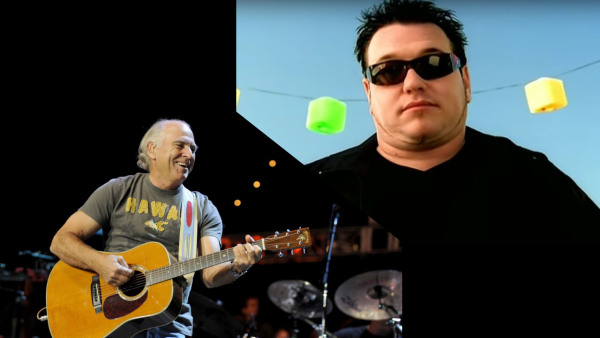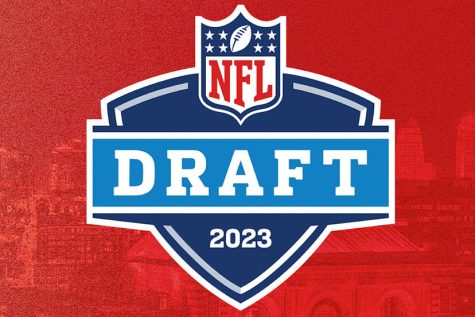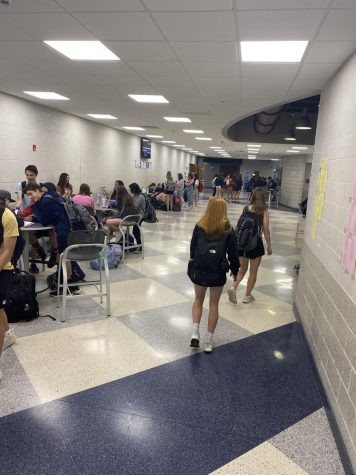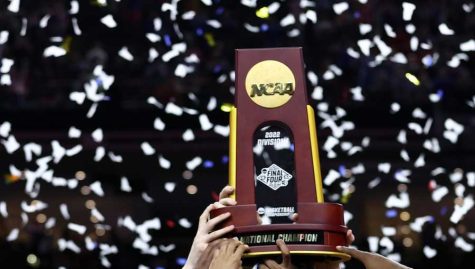A Preview of 2024: The Vice-Presidential Debate
Vice-presidential nominees Senator Kamala Harris (left, D-CA) and incumbent Vice President Mike Pence (right, R-IN) square off at the first and only vice-presidential debate. In many ways, the debate reflected a throwback to the past, featuring a veneer of civility that is distinctly unfamiliar in the Trump era. Yet the two candidates, in many ways both better representatives of their parties’ bases than their respective running mates, are also clearly padding their resumes for their own future presidential ambitions; they could very well be facing a rematch four years later. Photo credits: Morry Gash / Pool Photo.
The first and only vice-presidential debate of the 2020 election, held on October 7, 2020 at the University of Utah in Salt Lake City, was at once a reflection of the past and a prophecy for the future. On one hand, the candidates, Senator Kamala Harris (D-CA) and incumbent Vice President Mike Pence (R-IN), were comparably respectful and civil to one another, as well as to their moderator, Susan Page of USA Today. In many ways, it more closely resembled the delicate dances of previous presidential debate rather than the shouting match that characterized the first presidential debate; nimbly dodging questions, firm jabs at each other’s records, and relatively few interruptions.
Both candidates were clearly exceptionally well-prepared, delivering carefully scripted lines and pivoting back to their planned talking points. The focus of the night was undoubtedly the COVID-19 pandemic, especially in light of President Trump’s diagnosis with the illness the weekend before. As special precaution, plexiglass barriers were erected between the candidates, a striking visual reminder of the pandemic which has claimed the lives of over 200,000 Americans. From the very opening moments of the campaign, Harris went on the offensive, calling the Trump administration’s response the “greatest failure of any presidential administration in the history of our country.” Pence, in turn, rebutted by describing how the decision to ban travel to and from China “bought us invaluable time to stand up the greatest national mobilization since World War Two.”
In response to trickier questions, however, both candidates tended to pivot away and discuss more conventional issues. For instance, when asked to describe America’s fundamental relationship with China as “Competitors? Adversaries? Enemies?”, both candidates swiftly pivoted away. Pence, who responded first, criticized Harris for voting against NAFTA and promised to hold China accountable for COVID-19, but failed to elucidate his beliefs on foreign policy. Harris, on the other hand, likewise dodged the question, instead taking the chance to once more criticize Trump’s response to the pandemic by pulling out disease expert teams left over from the Obama administration, and pointed out Trump’s unpopularity abroad.
Tellingly, when pressed on the issue of court-packing in the face of the impending 6-3 conservative majority on the Supreme Court after the confirmation of Judge Amy Coney Barett, Harris refused to answer, aligning with Biden’s similar refusal to commit decisively to one course or the other at the previous debate. This, in effect, highlights the dilemma of a Democratic Party riven between its moderate and progressive wings; if Biden were to commit to court-packing, he could risk alienating swing voters, but if he were to rule it out he could risk losing his energized base. In turn, when Pence was pressed on how a conservative court would rule on abortion and whether he would support states banning abortion, he likewise completely dodged the question, pivoting instead to discussing the Soleimani airstrike earlier in the year.
The most memorable moments in the debate came at the very beginning, when Harris forcefully reproached Pence for speaking over her by “Mr. Vice President, I’m speaking” several times, and at the end, when a large fly perched on Pence’s head for a few minutes seemingly without his notice. The Biden campaign immediately began selling branded flyswatters, and many memes were born on Twitter. Nonetheless, the fact that this trivial event took up so much media attention is a testament to how inconsequential the debate really was.
All in all, however, the vice-presidential debate was, in effect, boring—very unusual in the hyperpartisan world of Washington today, but more in the vein of past campaigns where the vice-presidential debates have been comparatively bland. Neither candidate landed any lasting jabs on each other or their running mates, nor made any unforced errors or gaffes. For Biden and Harris, who are ahead in the polls, this do-no-harm approach is likely more beneficial than it was to Trump and Pence, who would prefer a major shakeup. However, Pence also delivered a cogent case for the president’s re-election for anxious Republicans, fulfilling his long-standing role as the “Trump whisperer”, explaining away the president’s remarks in a calmer, more genteel manner.
Despite heralding a return to tradition, in many ways, the debate also suggested the future of the two parties. Both Harris and Pence are better representatives of their parties’ bases than their running mates. Harris, as the first black and Asian woman ever on a major party ticket, in many ways symbolizes the BIPOC base of the Democratic Party and its energized progressive wing, and mitigated the party’s concerns about nominating Biden, a 77-year-old white man. Pence, as a genteel and soft-spoken religious conservative, in turn also symbolizes the ascendant evangelical wing of the Republican Party better than the flashy and bombastic Trump. In many ways, we might have just witnessed the first round of the 2024 presidential debates; no matter the result of the 2020 election, Harris and Pence are likely to be frontrunners for their parties’ next contested primaries, and may very well clash again on the debate stage four years later.
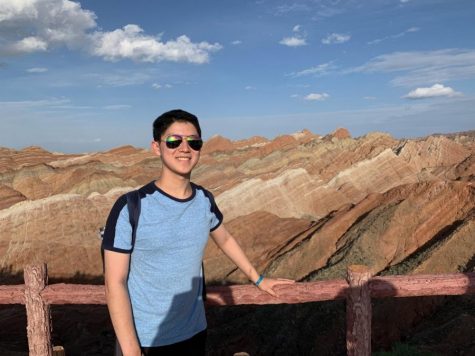
Vincent Jiang is currently a senior at West Morris Central High School and President of Journalism Club. Passionate about global affairs, he enjoys writing...

